Martial Peak Reviews
Sarah Zolton Arthur's The Princes of Stone and Steel is a captivating foray into the realm of fantasy, where the boundaries between reality and imagination are artfully blurred. The novel's premise is intriguing, setting the stage for a narrative that is both a personal journey of self-discovery and a grand epic of destiny and power. At its heart, the story is about Millie Merchant, a young woman whose life is upended when she discovers that everything she knows is a fabrication designed to shield her from her true purpose.
The book opens with the abduction of Millie, a dramatic event that serves as the catalyst for her awakening to a world she never knew existed. This world, Roshambo, is on the brink of extinction, and Millie is thrust into its center as its potential savior. The concept of a hidden destiny is a familiar trope in fantasy literature, yet Arthur manages to infuse it with fresh energy by intertwining it with the origins of the seemingly innocuous game of rock, paper, scissors. This clever twist adds a layer of depth to the narrative, transforming a simple child's game into a metaphor for the complex interplay of power, strategy, and fate.
One of the novel's strengths lies in its richly developed characters. Millie is a relatable protagonist, her confusion and determination making her journey compelling. As she navigates the treacherous waters of Roshambo, she encounters two princes, each vying for her hand. This love triangle is more than just a romantic subplot; it is a reflection of the broader themes of trust and betrayal that permeate the novel. Arthur skillfully crafts these characters, ensuring that their motivations are nuanced and their actions believable. The princes are not mere archetypes of good and evil; instead, they are complex individuals with their own agendas, making Millie's choice all the more difficult and engaging for the reader.
The theme of identity and self-discovery is central to the narrative. Millie's journey is as much about understanding who she is as it is about saving Roshambo. Her struggle to reconcile her past with her newfound reality is poignantly portrayed, and Arthur does not shy away from exploring the emotional turmoil that accompanies such a transformation. This exploration of identity is complemented by the novel's examination of power and responsibility. Millie's role as the potential ruler of Roshambo forces her to confront the burdens of leadership and the moral complexities that come with it.
Arthur's world-building is another highlight of the novel. Roshambo is a land teetering on the edge of collapse, its landscapes and inhabitants vividly brought to life through Arthur's descriptive prose. The nightmarish beasts that prowl the lands add an element of danger and urgency to the story, heightening the stakes for Millie and her companions. The author's ability to create a fully realized world enhances the reader's immersion in the story, making Roshambo feel both fantastical and tangible.
In terms of style, Arthur's writing is both accessible and evocative. Her prose is fluid, allowing the narrative to flow seamlessly from one scene to the next. The dialogue is sharp and often laced with wit, providing moments of levity amidst the tension. Arthur's ability to balance action, romance, and introspection is commendable, ensuring that the novel remains engaging throughout.
When compared to other fantasy works, The Princes of Stone and Steel stands out for its unique premise and its focus on character development. While it shares thematic similarities with classics like C.S. Lewis's The Chronicles of Narnia and Philip Pullman's His Dark Materials, Arthur's novel distinguishes itself through its inventive use of the rock, paper, scissors motif. This element adds a layer of originality that sets it apart from other tales of hidden realms and chosen ones.
Overall, The Princes of Stone and Steel is a compelling addition to the fantasy genre. Its blend of adventure, romance, and introspection makes it a satisfying read for fans of character-driven narratives. Sarah Zolton Arthur has crafted a story that is both entertaining and thought-provoking, inviting readers to ponder the nature of destiny and the power of choice. For those seeking a novel that offers both escapism and depth, this book is a worthy choice.
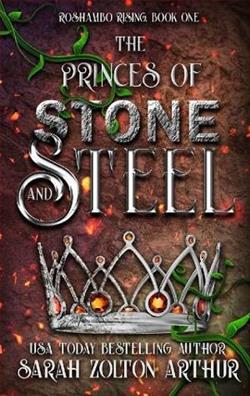




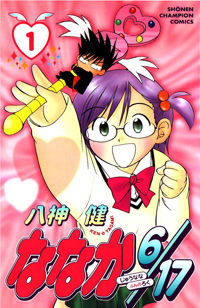

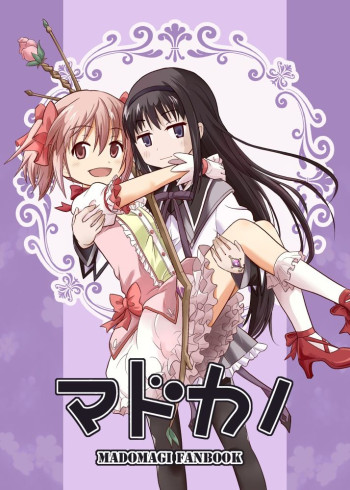

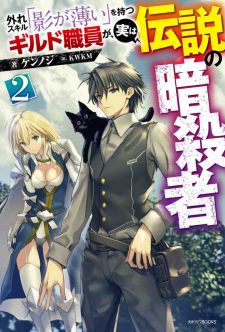
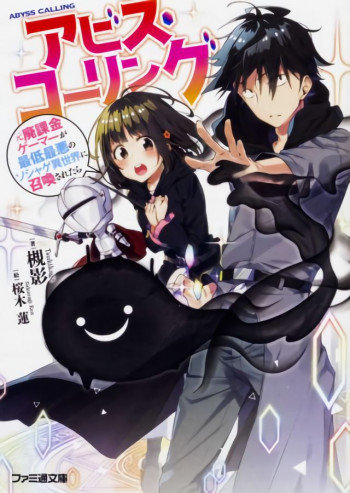
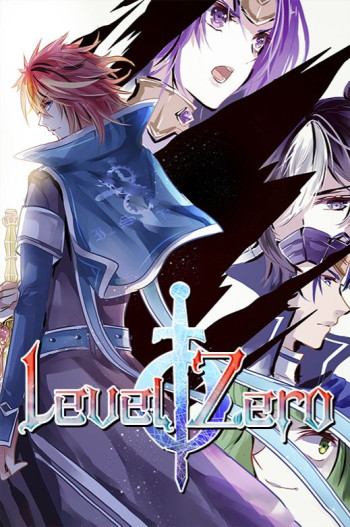
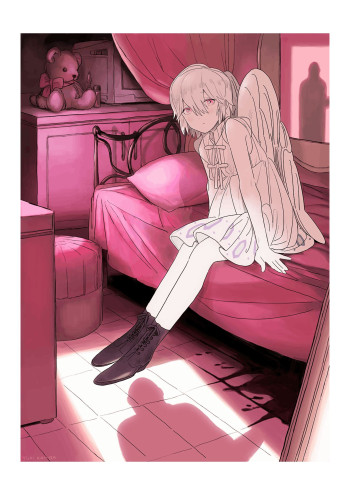
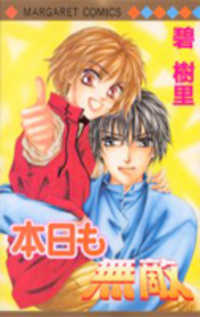










Reviews 0
Post a Reviews: